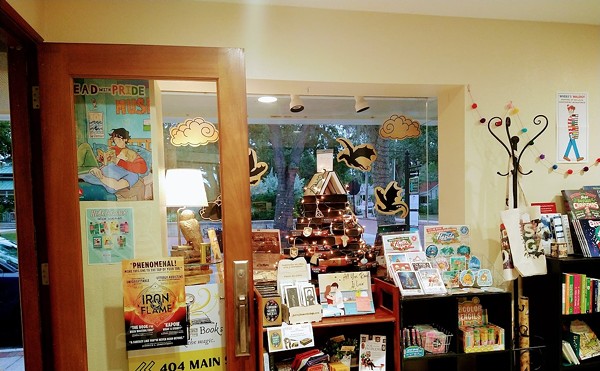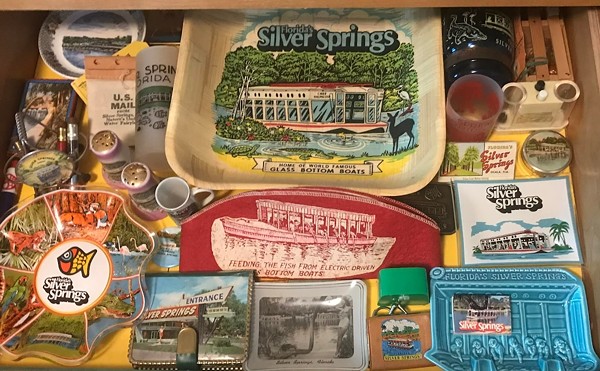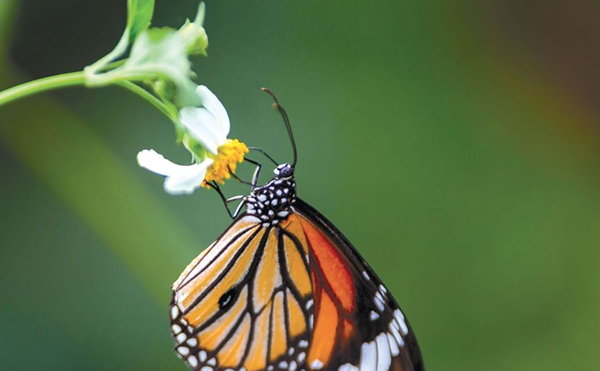Marvel's Senior Vice President of Sales, David Gabriel, revealed during a Diamond Retailer Summit that "one facet of the program is to celebrate women of the industry, whether they are super-heroines, super-villainsesses, artists, writers, editors, colorists, inkers, proofreaders, models, [etc.]"
He also divulged that a series of one-shots will kick off the event, focusing on "large female characters we haven't heard much from recently." And with a library of over 5,000 characters and long history herstory of female powerhouses, many untapped and unexplored in recent years, it shouldn't prove difficult.
Every popular Marvel comic has originated with at least one heroine, though initially written as 1960's housewives-in-tights. The Fantastic Four featured The Invisible Woman. The Avengers had The Wasp. Marvel Girl, an ambitious name, would eventually rise from the ashes to become the X-Men's Phoenix and one of the redeeming qualities of X-Men: The Last Stand.
[image-1]Even supporting Iron Man character Pepper Potts, portrayed by Gwyneth Paltrow in the film and upcoming sequel, has become an Iron Woman. (Happy, Gwyneth?)
Still, Marvel has had a rocky road with its femme fatales, especially in comparison to the staying power of DC's female force. Wonder Woman is still arguably the most recognizable female superhero in pop culture, and Batgirl (who became Oracle) remains the most successful and endearing female character in recent comic book history.
Ms. Marvel, however, which follows Avenger Carol Danvers, has already more than doubled its original volume's 25-issue run with no forseeable end. In the last few months, Marvel has launched several female-focused mini-series: Storm, detailing the life of Ororo Munroe, who currently splits her exposure between Uncanny X-Men and Black Panther, having married the title character of the latter comic book. Marvel Divas, a Sex and the City for Marvel women, focusing on Black Cat (a character rumored to appear in Spider-Man 4), Photon, Hellcat and (of Spider-Man and His Amazing Friends fame), Firestar. Models, Inc., following several models within the Marvel Universe and featuring an appearance by Tim Gunn, and even Psylocke, a focus on a recently-returned X-Man, have also hit the stands.
While Marvel has made strides, the company's women seem to work best as an ensemble, at least in terms of profit. Money talks, and over the years Marvel has placed a number of female ongoing titles on the chopping block due to poor sales: the aforementioned She-Hulk (three times), Rogue, Mystique, Spider-Girl (the daughter of Spider-Man and Mary Jane Watson in an alternate reality -- sounds easy to follow, right?), and Daughters of the Dragon. (Technically, Heroes for Hire was canceled, the former being the set-up for the book.)
It is Ms. Marvel's success that Marvel may hope to capture with the upcoming event, relying on a fresh wave of creators to do so.
[image-2]Write Stuff and Young Guns, annual Marvel programs usually reserved for promoting their male writers and artists, will focus on female talent, including several female character variant covers (The Invisible Woman, left; Storm, right) by Jelena Kevic-Djurdjevic, a mirror to the 70th Anniversary covers her husband did for Marvel this past year.[image-3]
"We're making this a major initiative," the VP promised, "including a new all-ages title, designed especially for young girls."
It's nearly 2010: comics aren't just for boys; dolls aren't just for girls. (A fact proven by my childhood alone: all of My Little Ponies loved the X-Men.)
It seems that Marvel recognizes the fact, hoping to instill in its readers, at every age, for either gender, that they can have a hero -- and in March, they will set out to prove it.
Besides, what's more impressive than saving the world in pumps?















